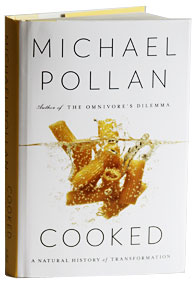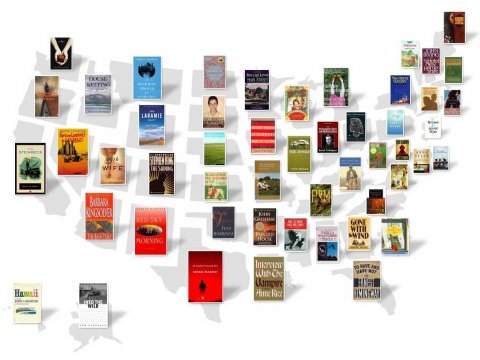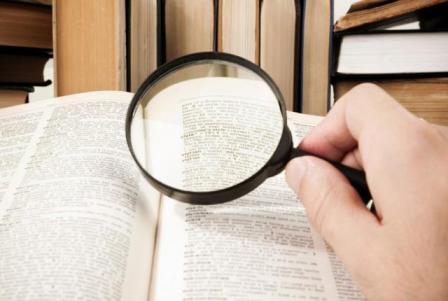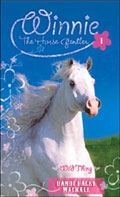Thanks to everyone who joined us for our virtual book club for January. This month we’re discussing Cooked by Michael Pollan.
Here’s how it works: I’ll throw out a few topics for discussion, and you can write your responses about these topics (or others you’d like to discuss) in the comment section.
Discussion #1: Cooking with the Elements
I thought the author’s structure for the book was fascinating. I’d never considered how different types of cooking fit into the categories of fire, water, air, and earth, and it made for an intriguing setup. I also enjoyed the way he showed his own progression from kitchen amateur to apprentice to blossoming cook. I felt like I could relate since he didn’t start out as an expert, and I appreciated his willingness to jump in to various types of cooking with both feet.
Did you have a favorite section? Which of the elements are you most comfortable in when it comes to cooking? Which elements are you least comfortable in?
Discussion #2: Cooking and Community
I really appreciated the author’s observations about how the way we cook and the way we eat effect how communal we are as a society. I was especially intrigued by his theory that the style of the cooking itself impacts the way we consume meals. When people prepared food around a fire, they cooked and ate together as an entire community. Then when people started cooking with an oven in individual households, cooking and eating became family-centric events. Now, as microwaves and fast food become the meal-prepping tools of choice, the focus is on the individual. One of my favorite parts of the book was seeing how the author’s various cooking experiments brought his family together and resulted not only in edible rewards but also in intangible gifts, such as bonding and conversations with his wife and teenage son.
As our cooking and eating become more individualized, do you think we’re in danger of losing a sense of community and family? Is there anything we can do to promote these values in our own homes?
Discussion #3: Intentional Food Choices
One of the things I appreciated most about this book was the way it opened my eyes to the underlying ramifications of the choices we make about food, cooking, and eating. When we mindlessly stick something in the microwave, pick up dinner at the drive-thru, or prioritize other activities over “scratch cooking,” there are consequences—both for us as individuals and for us as a culture. Although I haven’t necessarily revamped my approach to cooking after reading this book, it certainly has made me more aware and more thoughtful about the choices I make to get dinner on the table. I wasn’t nearly as ambitious as the author (no whole-hog barbecue or beer brewing for me), and I didn’t try any of his recipes, but this book did inspire a few modest “from scratch” attempts. My biggest success was my bread-baking adventure (the first time I cooked with yeast!). I wasn’t ambitious enough to make a starter and baby it for weeks like the author did, but it felt like a step in the right direction.
Did this book cause you to reevaluate any of your cooking/eating choices? Have you ever attempted any cooking experiments similar to what the author describes in this book?
Rating
I’d give this book 4.5 stars. It made me think about food choices in a new way, and I appreciated the author’s style. He was at once knowledgeable and brilliant (I was impressed with the historical context and scientific background he offered throughout), but he was also accessible and an engaging storyteller.
How many stars would you give this book (out of five)?
As a side note, if you liked this book, I’d recommend Bread and Wine, which we discussed here.
{Remember: there will be a free book giveaway for one lucky commenter!}




























